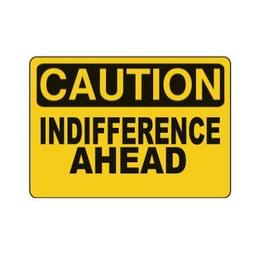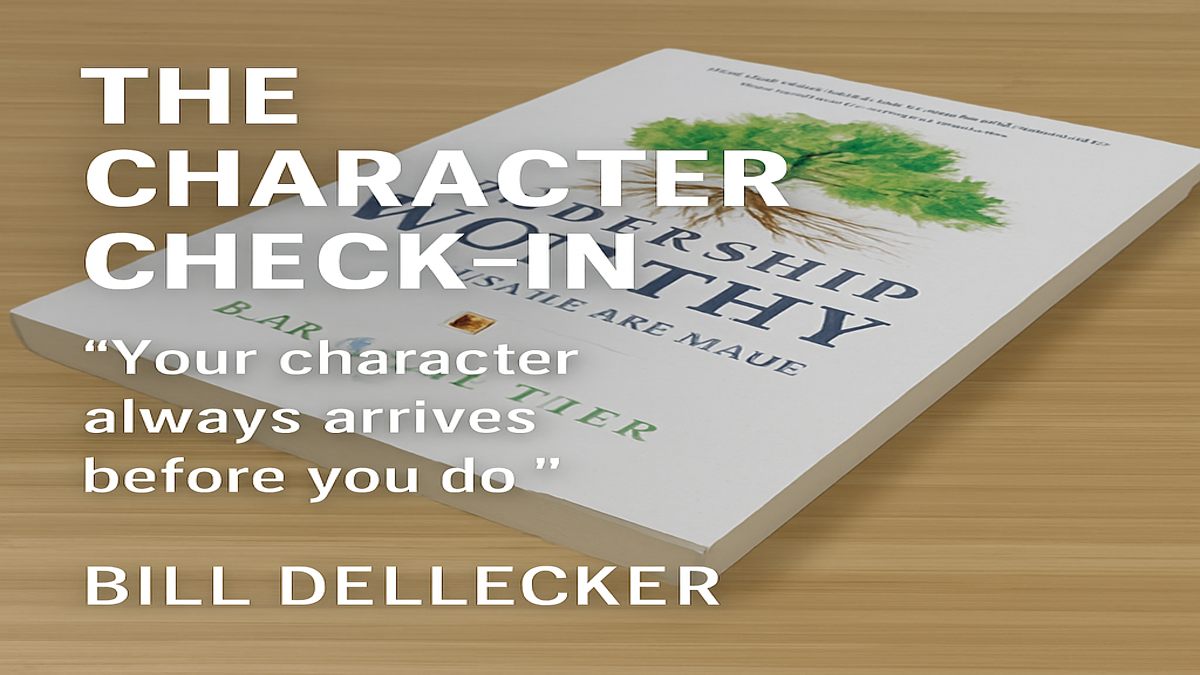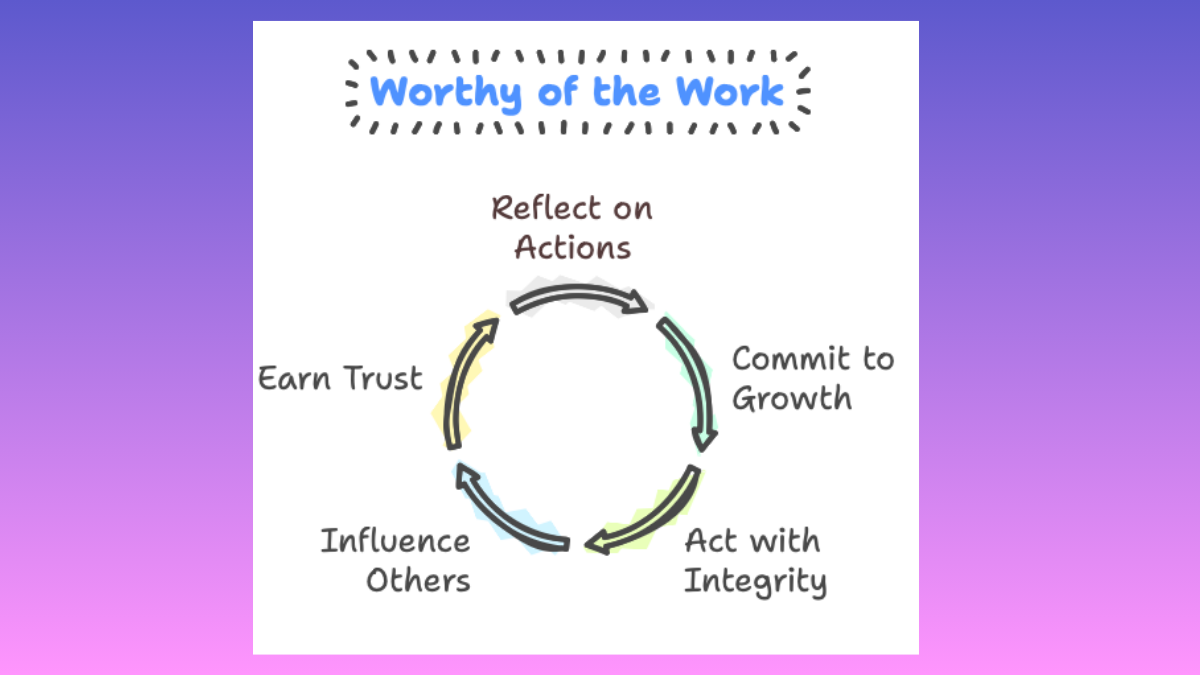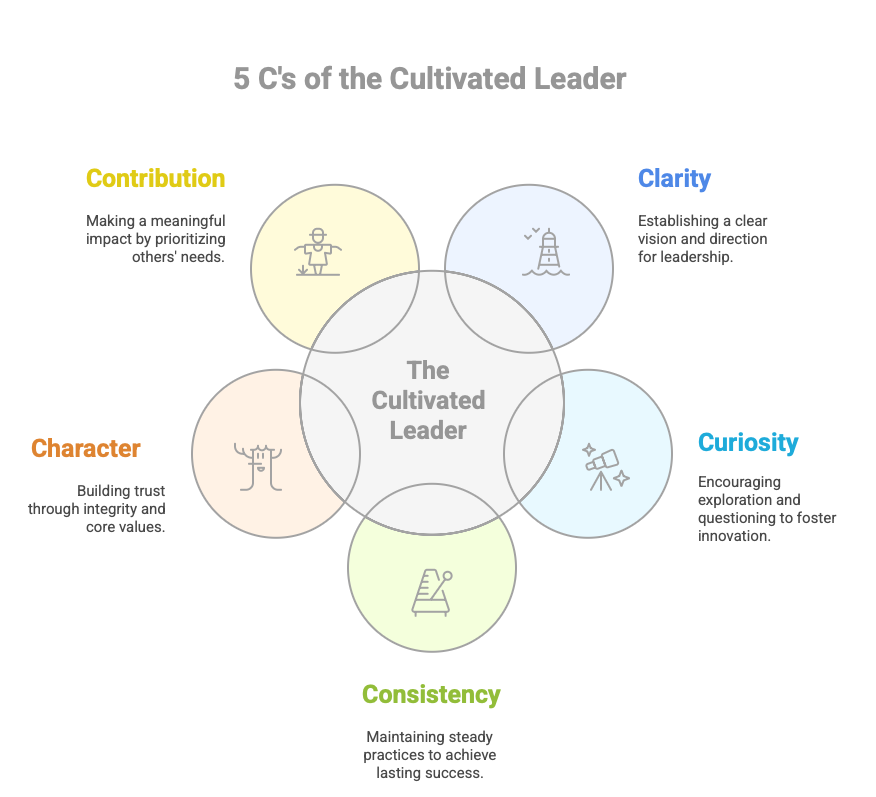Plain Indifference
Last week in this space I discussed the idea that to perform consistently at a high level requires an ability and willingness to take a “Fresh Look” at the situation. That trait is the opposite of plain indifference, which is an eloquent way of referring to what’s commonly called a “Don’t care attitude.” When I heard the phrase this week, it got me thinking about the implications.
Plain indifference can be seen all around us in everyday life: in the bored store clerk; in parents who don’t make it a point to know where their children are, or who they’re with; in people who don’t bother to participate in the political process and vote to elect those who represent us; in a couple who no longer express interest in one another; in those who would rather let someone else do it, whatever it is. It won’t be difficult for you to add examples to this list.
You can’t take a fresh look at the situation if what envelops you is plain indifference. You might “see it”, but you won’t exert the initiative or the energy to do actually something about it. The status quo is just fine, or not; it really doesn’t matter. To be accused of plain indifference is the most apathetic criticism of all. That attitude might not cause damage directly, but it certainly doesn’t prevent it from occurring.
In the work environment, successful companies strive to overcome complacency and the plain indifference that emerges from it. Entire teams can get trapped in it without exerting conscious effort to overcome it. If this energy-sapping force takes hold, it will suck quality, service and safety right out of a business.
We each have a duty and an obligation to one another to fight off apathy and help to move the business forward. It starts with each person and spreads to lift the team. There’s no room left for plain indifference when talented people focus on Extraordinary Care as an antidote. What’s your contribution to the cause?
Plain indifference can be seen all around us in everyday life: in the bored store clerk; in parents who don’t make it a point to know where their children are, or who they’re with; in people who don’t bother to participate in the political process and vote to elect those who represent us; in a couple who no longer express interest in one another; in those who would rather let someone else do it, whatever it is. It won’t be difficult for you to add examples to this list.
You can’t take a fresh look at the situation if what envelops you is plain indifference. You might “see it”, but you won’t exert the initiative or the energy to do actually something about it. The status quo is just fine, or not; it really doesn’t matter. To be accused of plain indifference is the most apathetic criticism of all. That attitude might not cause damage directly, but it certainly doesn’t prevent it from occurring.
In the work environment, successful companies strive to overcome complacency and the plain indifference that emerges from it. Entire teams can get trapped in it without exerting conscious effort to overcome it. If this energy-sapping force takes hold, it will suck quality, service and safety right out of a business.
We each have a duty and an obligation to one another to fight off apathy and help to move the business forward. It starts with each person and spreads to lift the team. There’s no room left for plain indifference when talented people focus on Extraordinary Care as an antidote. What’s your contribution to the cause?








One Comment
Leave a Reply
Laure Hristov
10 years agoWe should all strive to make a difference and go the extra step to make something better, but being part of the solution to indifference is also acknowledging those that do their job right or go above and beyond so we all reap the benefits. Take the time to reach out and say job well done, thanks for doing your best. I know when our crews do their best, I can count on referrals from that customer. We all win.